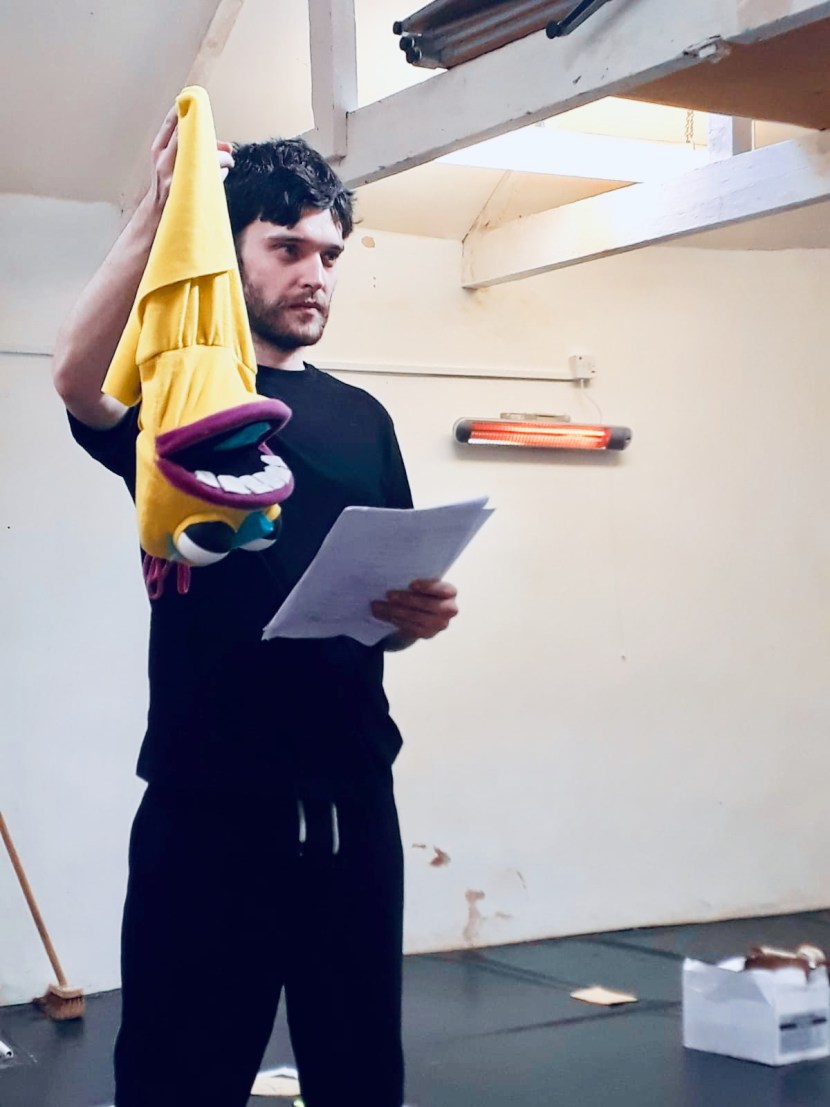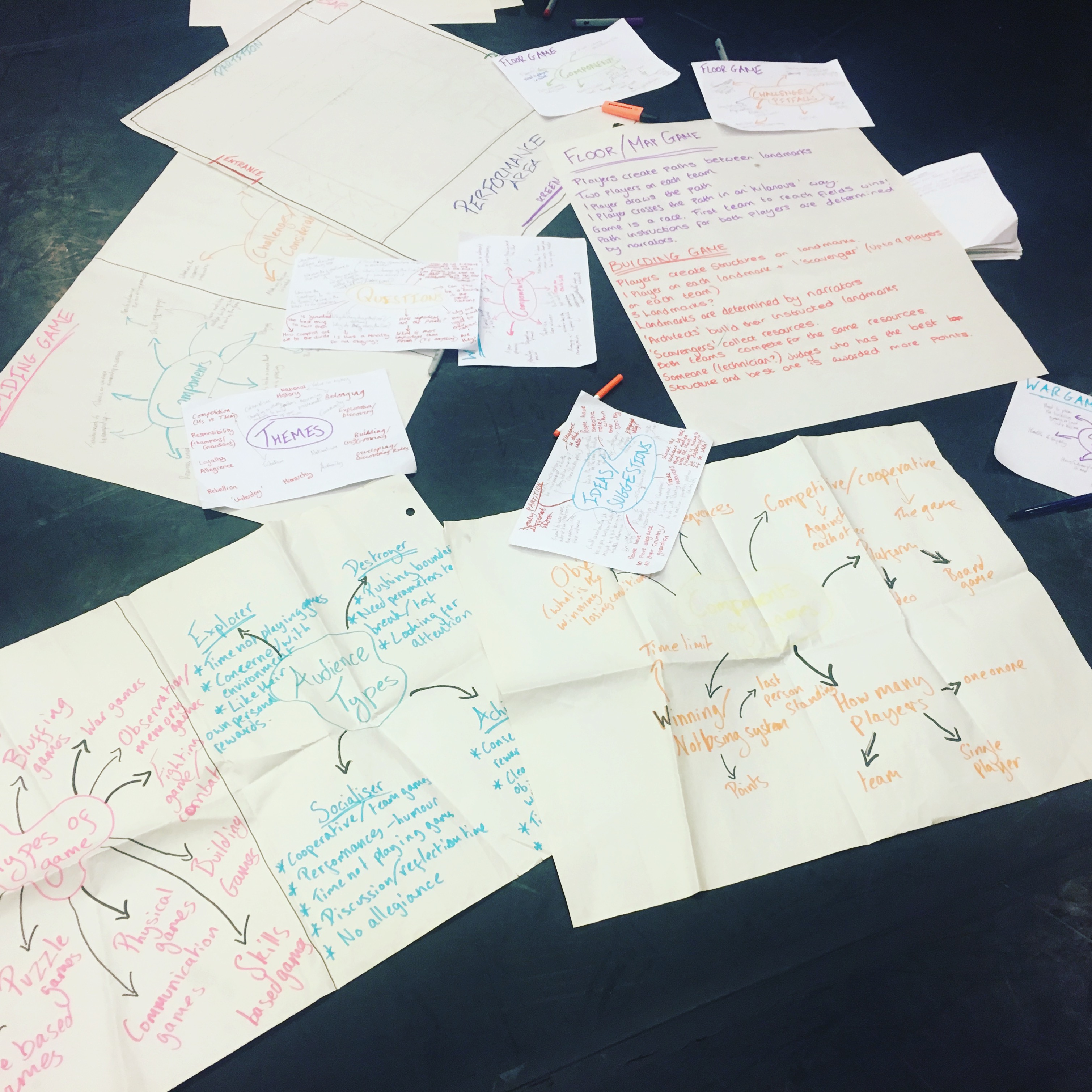Workshops
Hidden Track have run a wide variety of workshops for many different groups of people including performers, theatre makers, students, game designers, teachers, and council and social workers.
If you are interested in booking any of our workshops, or would like to speak with us about creating a bespoke workshop, please drop us an email on hiya@hiddentrack.org.uk
Making Interactive/Gaming Theatre
Workshop Length: 1 hr 30 mins to 4 hours
Interactive and game-theatre has quickly become a popular form that has the potential to offer a brand new experience to audiences, including for audiences engaging remotely. Establishing complicity amongst artists and with audiences through effective interactive frameworks, and the opportunity for agency and for play together, opens up a new world of possibilities when it comes to storytelling.
Workshop Aims:
- Define interactive and gaming theatre
- Learn how to design a game and tell a story.
- Outline considerations to think about when working with audiences
Workshop Outline:
- Breaking down the different types of theatre where audience can interact
- Exploring the considerations that need to be made when working with an audience – formal, ethical and practical
- Understanding different practical and conceptual elements that are used when constructing a game
- Exploring techniques for game design and how to incorporate narrative into the core mechanics of play
- Outlining how and why we run game testing sessions
- Optional: Devising session to devise narratives within game theatre
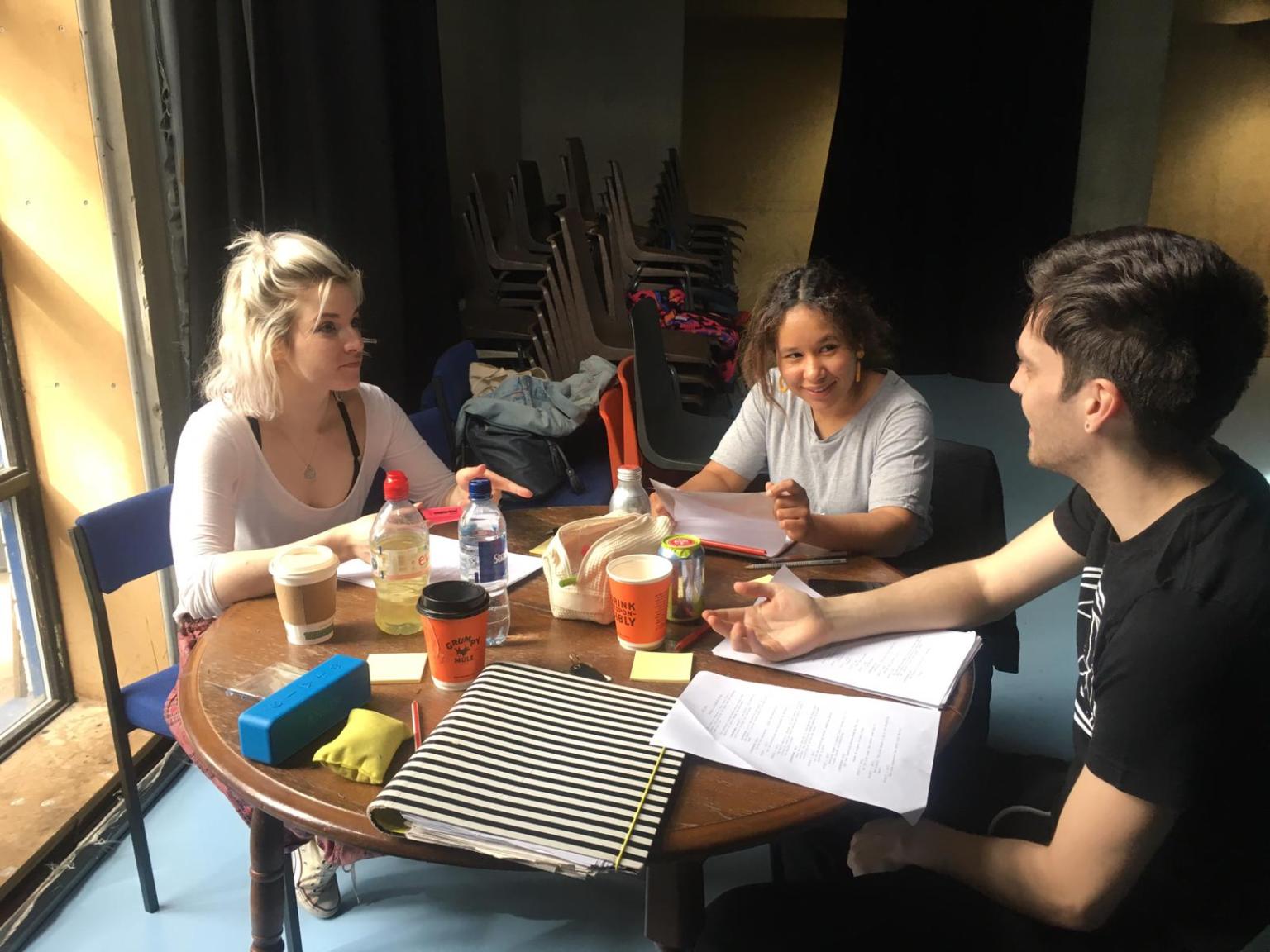
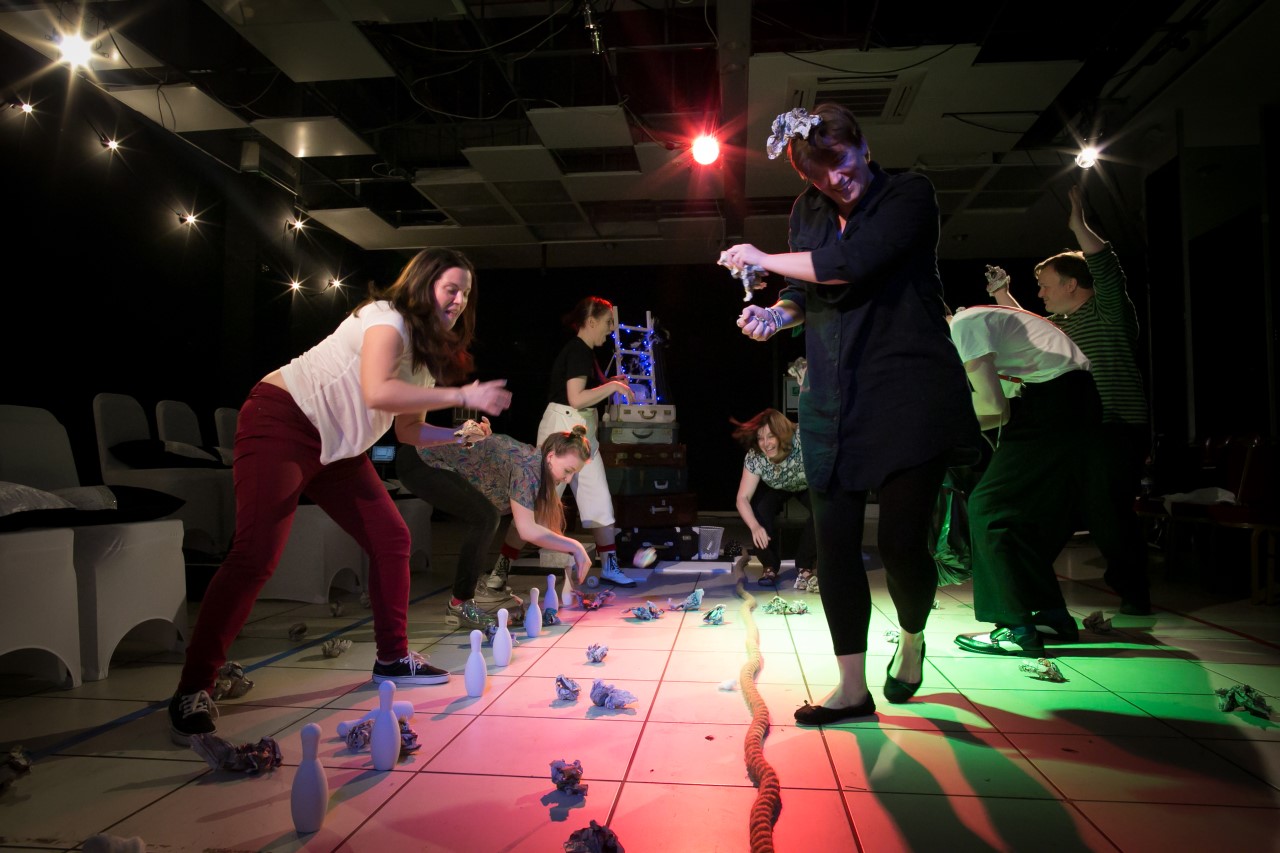
Suitable for drama groups, further/higher education students and theatre makers/companies.
‘Playing Safe’ - Audience and Actor Care in Interactive Theatre
Workshop Length: 1 hr
We think audience interaction should be a fun, exciting thing. The most important part of this is making sure all of our audience and our performers are happy and comfortable at all times.
We want to make Interactive Theatre that gets people playing together and talking to each other. This means making creating a space where everyone, audience and actors alike, are safe and can feel at ease.
This workshop outlines what considerations need to be made when making work that involves its audience and how to make work that is inviting for everyone to participate in.
Workshop Aims:
- Learning to make interactive work that is inclusive and safe for the audience and the actors
- How to build accessibility and inclusivity into the making process
Workshop Outline:
- Define interactive and game-theatre
- Identify the challenges with artforms that allow audiences to interact
- Specify considerations that need to be made when working with an audience – formal, ethical and practical
- Outline how to make interactive theatre inclusive and accessible
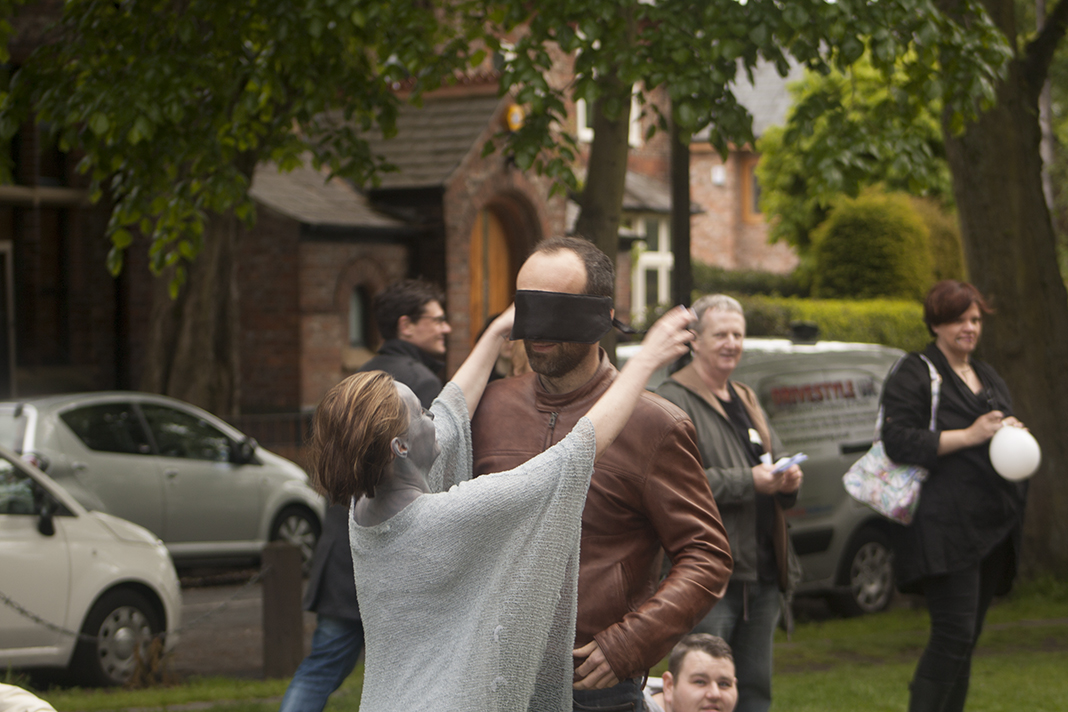
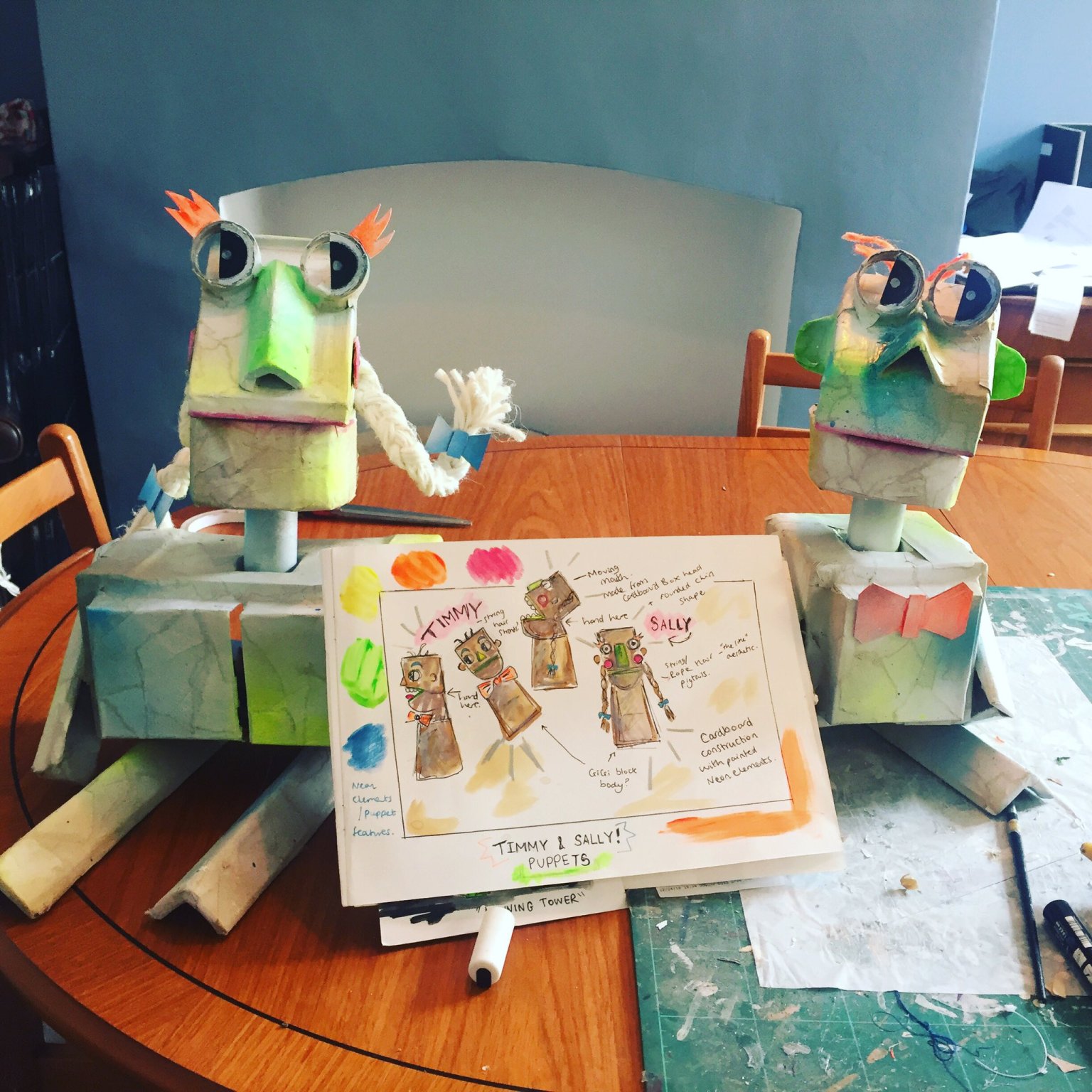
Suitable for drama groups, further/higher education students and theatre makers/companies.
'The Political Game' - The importance of play in our political climate
Workshop Length: 1 hr 30 mins
How do we make decisions? Who gets to make decisions? And how do we feel when they are made?
This workshop uses familiar games like Scissors-Paper-Stone, Hide & Seek, and Piggy in the Middle to explore how we react when the odds are stacked against us and how we change when everything is comfortably in our favour.
We will see how playing with the mechanics of gameplay can change the way people feel represented and how we can use this to instil empathy into our decision making.
Workshop Aims:
- Outline how gameplay can be used as a tool for creating inclusivity and empathy
- Explore how gaming and narrative can help to explore political ideas
- Understanding how we process political and social issues from a personal perspective
- Learning the importance of working together for a common goal
Workshop Outline:
- Discuss how theatre and gameplay can help audiences to understand a wider political context
- Explore how different methods of voting and decision making can change the way people feel represented
- ‘Moral Dilemmas’ – Using these different voting and discussion mechanics to explore various thought experiments and philosophical dilemmas such as ‘The Trolley Problem’
- Group activity – Creating cooperative games that teach students the importance of considering a wide variety of accessibility concerns, and creating equality for everyone
